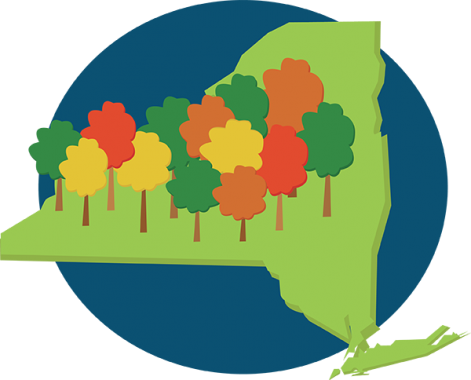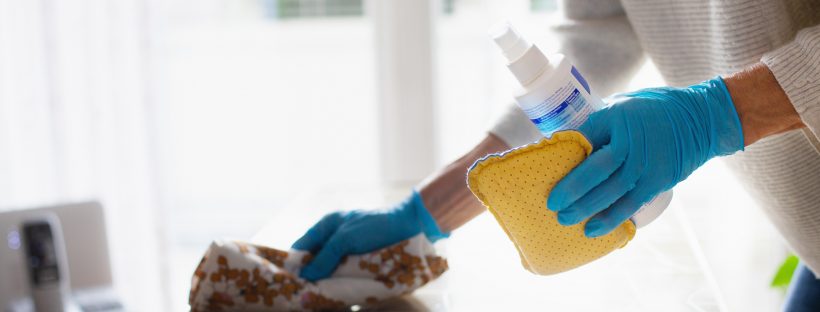Mixing chemicals of any kind is very dangerous. Sometimes chemicals are stored in an unmarked bottle or placed in a bottle with different labeling. Never use any chemical that you are not absolutely sure of its origin.
Mixing bleach with ammonia or any acid (drain cleaners, vinegar, glass cleaners, toilet bowl cleaners, etc.) can create toxic fumes that can be harmful or fatal.
Particularly Dangerous Chemical Combinations:
- Bleach + vinegar = chlorine gas. This can lead to coughing, breathing problems, burning and watery eyes. Chlorine gas and water also combine to make hydrochloric and hypochlorous acids. Furthermore, chlorine gas has been used as a chemical warfare agent, so it’s not something you want to be producing and inhaling in your home. Chlorine attacks the skin, mucous membranes, and respiratory system. At best, it will make you cough and irritate your eyes, nose, and mouth. It can also give you a chemical burn. At worst, it could be deadly if you are exposed to a high concentration or are unable to get to fresh air.
- Bleach + ammonia = chloramine. This can cause shortness of breath and chest pain. Chloramine burns your eyes and respiratory system and can lead to internal organ damage. If there is enough ammonia in the mixture, hydrazine may be produced. Hydrazine is not only toxic but also potentially explosive. The best-case scenario is discomfort; the worst-case scenario is death.
- Bleach + rubbing alcohol = chloroform. This is highly toxic. Breathing enough chloroform will knock you out, which will make you unable to move to fresh air. Breathing too much can kill you. Hydrochloric acid can give you a chemical burn. The chemicals can cause organ damage and lead to cancer and other diseases later in life.
- Hydrogen peroxide + vinegar = peracetic/peroxyacetic acid. This can be highly corrosive. Peracetic acid can irritate your eyes and nose and may give you a chemical burn.
Safe Storage
Safely store chemicals in their original containers. Furthermore, if you have children, keep chemicals in cabinets with child-resistant locks or up, away, and out-of-sight of children. In addition to household cleaners, practice safe storage habits with the following items:
- Medications
- Alcohol
- Laundry supplies
- Insect repellents
- Batteries
- Oils or lubricants including tiki torch oil and engine oil
- Personal care products like hand sanitizers
Immediately contact 9-1-1 if you experience any adverse or potential life-threatening reaction to cleaning supplies.
Poison Control can also provide assistance if you swallow or get splashed by something that may be harmful at 1-800-222-1222.
Sources:
- National Fire Protection Association – The Dangers of Mixing Household Chemicals
- United States Fire Administration/FEMA – The Dangers of Mixing Household Cleaners
- Washington State Department of Health – Dangers of Mixing Bleach with Cleaners
- Healthy Snacking Tips from a Football Party Veteran - February 2, 2022
- Why I Will Be in Line for A Flu Shot This Year - February 21, 2021
- Small Steps to Prevent Big Falls: Protecting Older Adults from Injury - February 20, 2021


